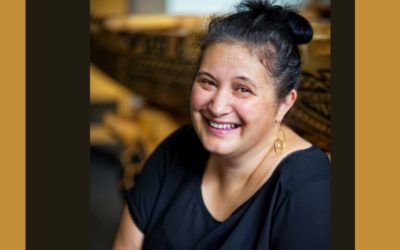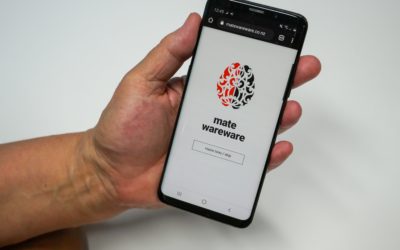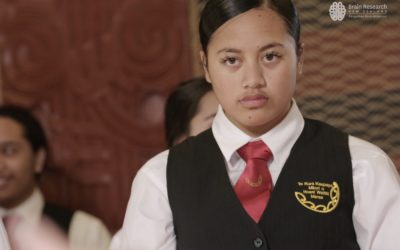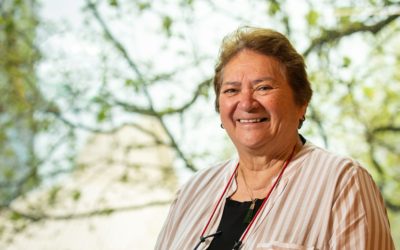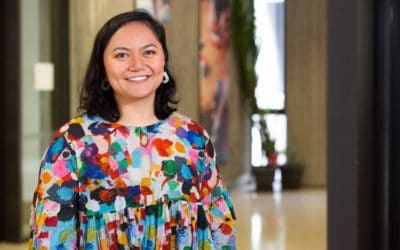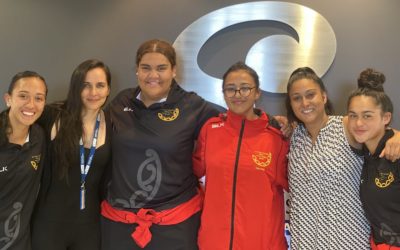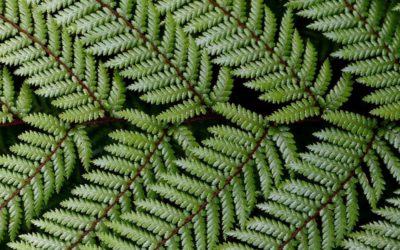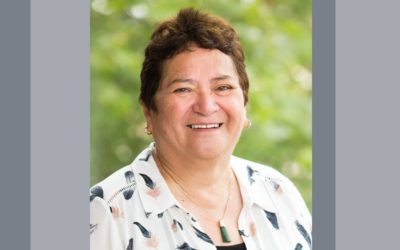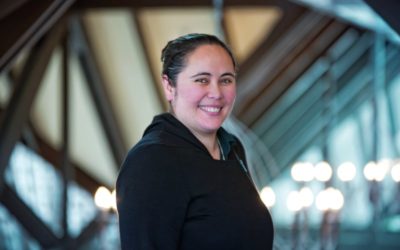When we last checked in with Dr Justine Camp (Kāi Tahu, Kāti Mamoe, Waitaha), she was in the middle of her PhD, conducting trials, collecting data and refining her whānau health compass. Now her project – which was supervised by Assoc Prof Anne-Marie Jackson...
Maori Brain Health
Dementia App For Māori Launches
An app to help Māori affected by mate wareware (dementia) and to raise awareness of the disease has been launched. The app, Mate Wareware, was developed by researchers from the University of Auckland and AUT University following the largest-ever study of Māori...
Brain Research New Zealand funds COVID-19 research projects
Brain Research New Zealand (BRNZ) is very interested in addressing a number of brain health-related issues arising from the terrible pandemic that has spread across the globe. Even though New Zealand has been relatively spared, nonetheless ~2000 people have been...
Te Kura Kaupapa Māori o Hoani Waititi Marae and Brain Research New Zealand | Matariki Awards
It has become an annual tradition for Brain Research New Zealand to sponsor the Health and Science Award of Māori TV's annual Ngaā Whetū o Matariki Awards. For this occassion, Māori TV has produced a video piece showcasing the relationship of BRNZ and our Māori...
Isaac Samuels: How equal is access to stroke reperfusion therapy?
“As a young Māori health professional in training, it is crucial to me that I do everything I can, whenever I can, to ensure I am providing for my communities all across Aotearoa.” As a fourth-year medical student at the University of Auckland, Isaac Samuels (Tainui)...
Empowering Māori to fight dementia
Even though Māori are diagnosed with dementia much younger than non-Māori, and it is predicted that they will make up 8% of New Zealanders living with dementia by2038, little is known about how this disease affects Māori. Most research is still conducted through a...
Alehandrea Manuel: Thinking beyond the booth
In her PhD at Brain Research New Zealand, Alehandrea Manuel is looking at how older Māori and whānau experience hearing loss and hearing services in New Zealand.
Students from Hoani Waititi Marae visit our neuroscience labs
Community wide engagement is a crucial way to future proof our research communities, support the development of a thriving Māori workforce within STEM fields, and to enrich our own research experience through community involvement. A key strategy to advance this...
BRNZ awards Māori and Pacific Summer Research Scholarships
In 2019, Brain Research New Zealand once again awarded Māori Summer Research Scholarships. These scholarships aim to support Māori students in completing a 10-week neuroscience research project at one of our four partner universities. We have received impressive...
Dementia from a Māori perspective: The importance of cultural identity and whānau
In a world first, Dr Makarena (Margaret) Dudley has described Māori understandings and experiences of the ageing brain and dementia. Her research highlights the importance of cultural identity, oranga wairua (spiritual wellbeing) and whānau support for caring for...
Dr Anne-Marie Jackson receives Te Kōpūnui Māori Research Award
Dr Anne-Marie Jackson (Ngāti Whātua, Ngāpuhi, Ngāti Wai, Ngāti Kahu o Whangaroa, Te Roroa), Associate Investigator at BRNZ, has just received the Royal Society Te Apārangi Te Kōpūnui Māori Research Award. The award is given to recognise innovative Māori research with...
Te Tino Rangatiratanga o te Mate Ikura Roro: Empowering Stroke Survivors
A recent study undertaken in Auckland concluded that while there is a moderate level of community stroke knowledge overall, this varies by ethnicity, and stroke awareness levels amongst Māori are particularly low. With the Māori population living longer, and thus...
